Minor Consiglio
The L’Archivio di Stato di Venezia: indice generale, storico, descrittivo ed analitico by Andrea Da Mosto was published in 1937. Besides being a general index of the holdings of Venetian documents in the state archive, it contains short historical descriptions of most Venetian offices and magistracies.
Andrea Da Mosto (1868-1960) was director of the Archivio di Stato di Venezia (1936-1937).
The Minor Council arose, not unlike the Major, from the «Sapientes», placed by the Rialto aristocracy alongside the Doge. However, the year of its birth is uncertain; probably between 1172 and 1178. The Councillors, elected in the Major Council in number of two, later became six, one per sestiere. The person elected could not, under serious penalties, refuse the office; he remained in office for a year and was subjected to an equal interdiction,1 which was then extended to 16 months. Relatives of the Doge and his children were excluded from the nomination as Councillor.
From the first years of its constitution, the Heads of the Quarantia were added to the Minor Council, also called in certain cases to carry out the functions of the missing Councillors. A decisions of 1231 proves that, already in this year, the aggregation was completed and recognized. Councillors and Heads of the Quarantia together formed the Signoria (Dominium). In 1437, the three lesser councillors were established, who were three of the six outgoing ducal councillors. They were not part of the Minor Council, but represented the Signoria within the Quarantia Criminale.
The main function of the Minor Council was to moderate the Doge’s authority, assist and advise him. During the ducal vacancy the government were into its hands; it took care of ongoing affairs and presided over the operations for the appointment of the new Doge and one of the Councillors, who was not always the eldest, assumed the functions of Doge (Vice Doge).
But even more important were the function of presiding together with the Doge — with whom it was almost confused — over all the councils of the Republic and the right of initiative, i.e. to propose laws, recognized first to the majority of the Minor Council, then also to the minority, to the individual councillors and the three Heads of the Quarantia. The latter, however, were obliged to read the proposed decisions beforehand to the entire Minor Council, which could establish a three-day delay in its presentation. Connected to this power was the power to convene the Great Council when it deemed it appropriate; even just one councillor could do it.
It was responsible for the administration of the capital, supervising the activities of public officials and taking care of the election of new ones.
It resolved conflicts of jurisdiction that arose between both administrative and judicial bodies, and indicated, in case of doubt, which court was competent, even before the conflict arose.
Limited competences in financial matters, the power to dispose of public money up to 10 pounds of gold, were abolished in 1441. And a few years later, in 1446, the Minor Council had to renounce the other, very important task of authentically interpreting the laws.
Translator’s notes
- The contumacia — here translated as interdiction — in this case means a period after a person has occupied a role in a state institution, when they cannot occupy another. ↩︎
Original text
MINOR CONSIGLIO
Il Minor Consiglio sorse, non diversamente dal Maggiore, dai «Sapientes», posti dall’aristocrazia rialtina accanto al Doge. E’, però, incerto l’anno della sua nascita; probabilmente fra il 1172 e il 1178. I Consiglieri, eletti in Maggior Consiglio in numero di due, diventarono in seguito sei, uno per sestiere. L’eletto non poteva sotto gravi pene rifiutare la carica; durava in ufficio un anno ed era sottoposto ad una contumacia d’altrettanto, portata poi a 16 mesi. Dalla nomina a Consigliere erano esclusi i parenti del Doge e dei suoi figli.
Al Minor Consiglio fin dai primi anni della sua costituzione dovettero essere aggregati i Capi dei Quaranta, chiamati pure in certi casi a compiere le funzioni dei Consiglieri mancanti. Una parte del 1231 prova che, già in quest’anno, l’aggregazione è compiuta e riconosciuta. Consiglieri e Capi di Quaranta insieme formano la Signoria (Dominium). Nel 1437, vennero istituiti i tre consiglieri inferiori, che erano i tre dei sei consiglieri ducali uscenti di carica. Essi non facevano parte del Minor Consiglio, ma rappresentavano la Signoria in seno alla Quarantia Criminale.
Funzione principale del Minor Consiglio era quella di moderare l’autorità del Doge, assisterlo e consigliarlo. Durante la vacanza ducale il governo si restringeva nelle sue mani; curava gli affari in corso e presiedeva alle operazioni per la nomina del nuovo Doge e uno dei Consiglieri, che non fu sempre il più anziano, assumeva le funzioni di Doge (Vice Doge).
Ma ancora più importanti erano la funzione di presiedere insieme al Doge — con cui quasi si confondeva — tutti i consigli della Repubblica ed il diritto d’iniziativa, cioè di mettere parte, riconosciuto dapprima alla maggioranza del Minor Consiglio, poi pure alla minoranza, ai singoli consiglieri ed ai tre Capi di Quaranta. A questi ultimi era, però, fatto obbligo di dare lettura del progetto di parte, in precedenza, a tutto il Minor Consiglio, il quale poteva stabilire una dilazione di tre giorni alla presentazione di esso. Connesso a questo potere, era quello di convocare il Maggior Consiglio quando lo ritenesse opportuno; poteva farlo anche un solo consigliere.
Attendeva all’amministrazione della capitale, vigilando sull’attività dei pubblici ufficiali e curando l’elezione dei nuovi.
Risolveva i conflitti di competenza che fossero sorti tra organi sia amministrativi che giudiziari, e indicava, in caso di dubbio, quale fosse il tribunale competente, prima ancora che il conflitto si manifestasse.
Una limitata competenza in materia finanziaria, la facoltà di disporre del danaro pubblico fino a 10 libbre di oro, fu abolita nel 1441. E alcuni anni dopo, nel 1446, il Minor Consiglio doveva rinunziare all’altra, importantissima, d’interpretare autenticamente le leggi.
p. 21
Related articles
- Consiglio del Doge — Lessico Veneto
- Signoria — Dizionario
- State institutions of the Republic of Venice
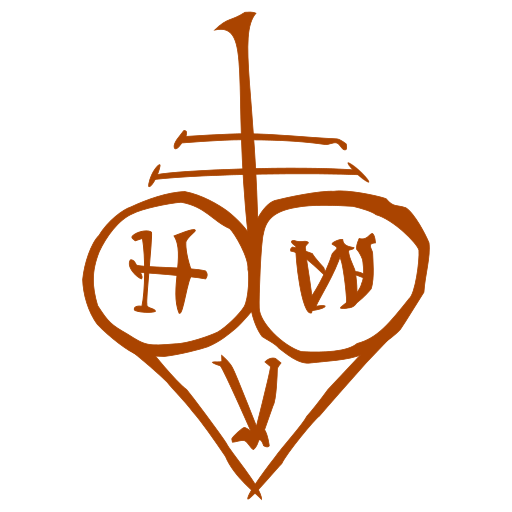
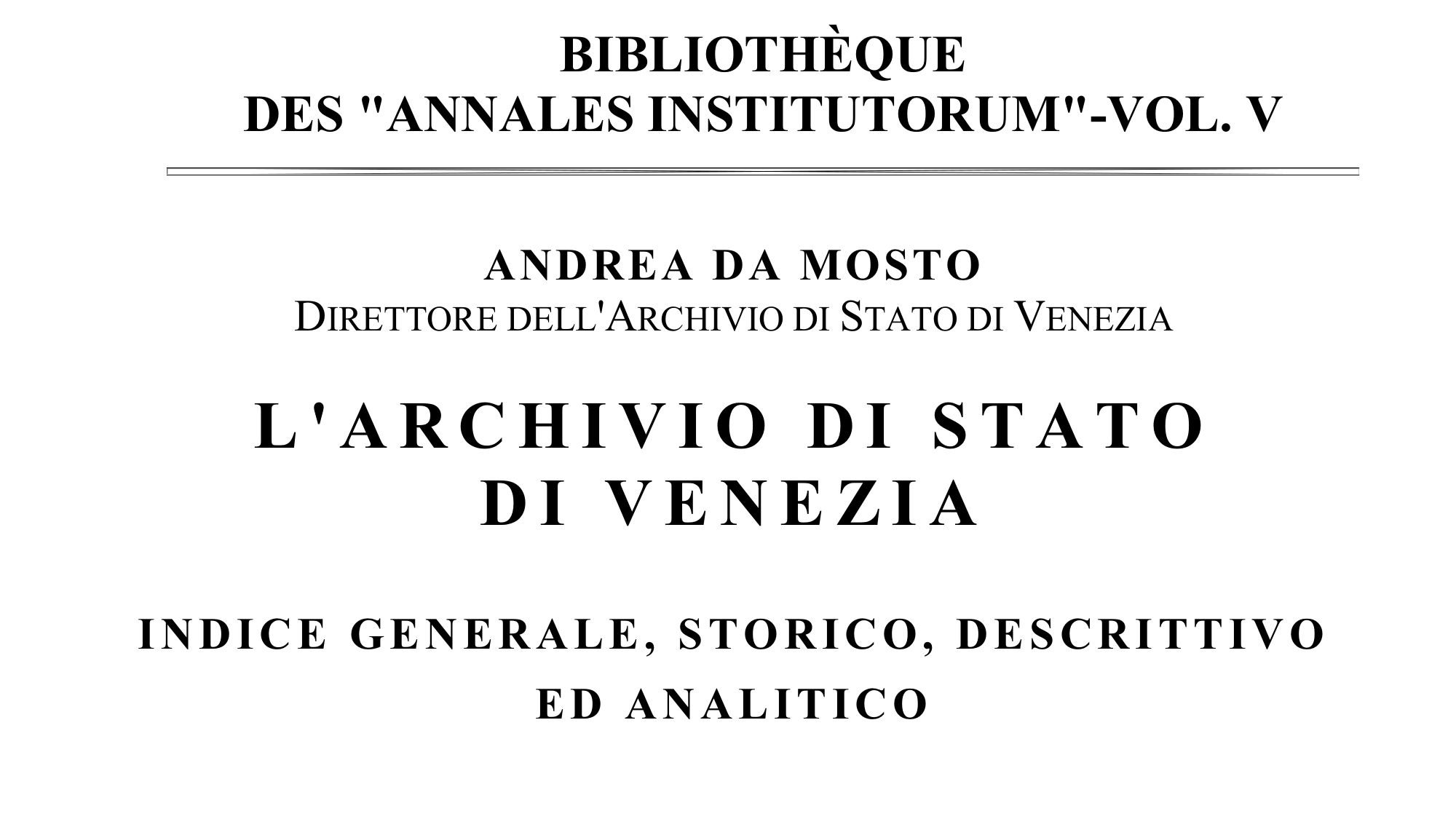
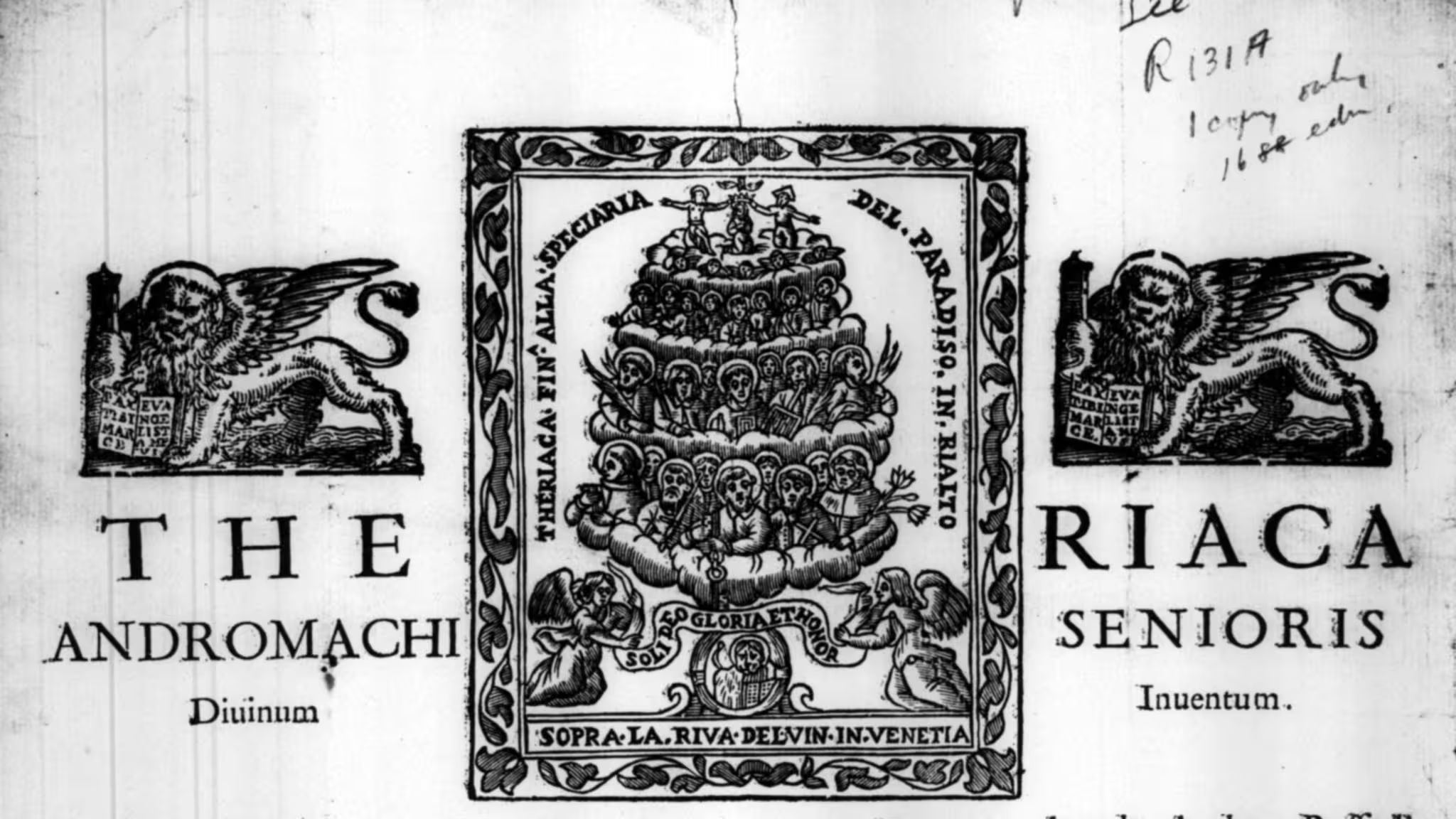
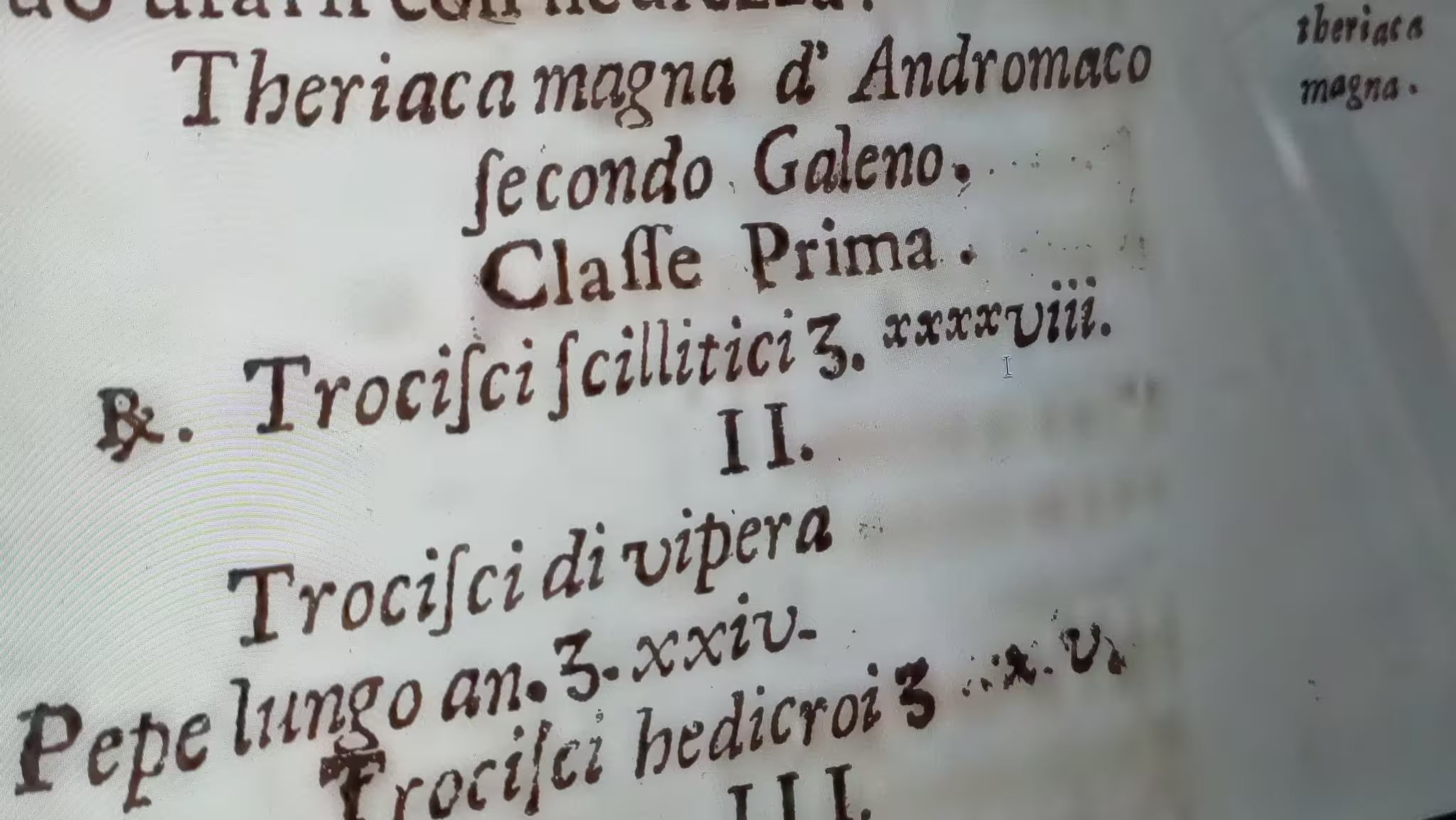
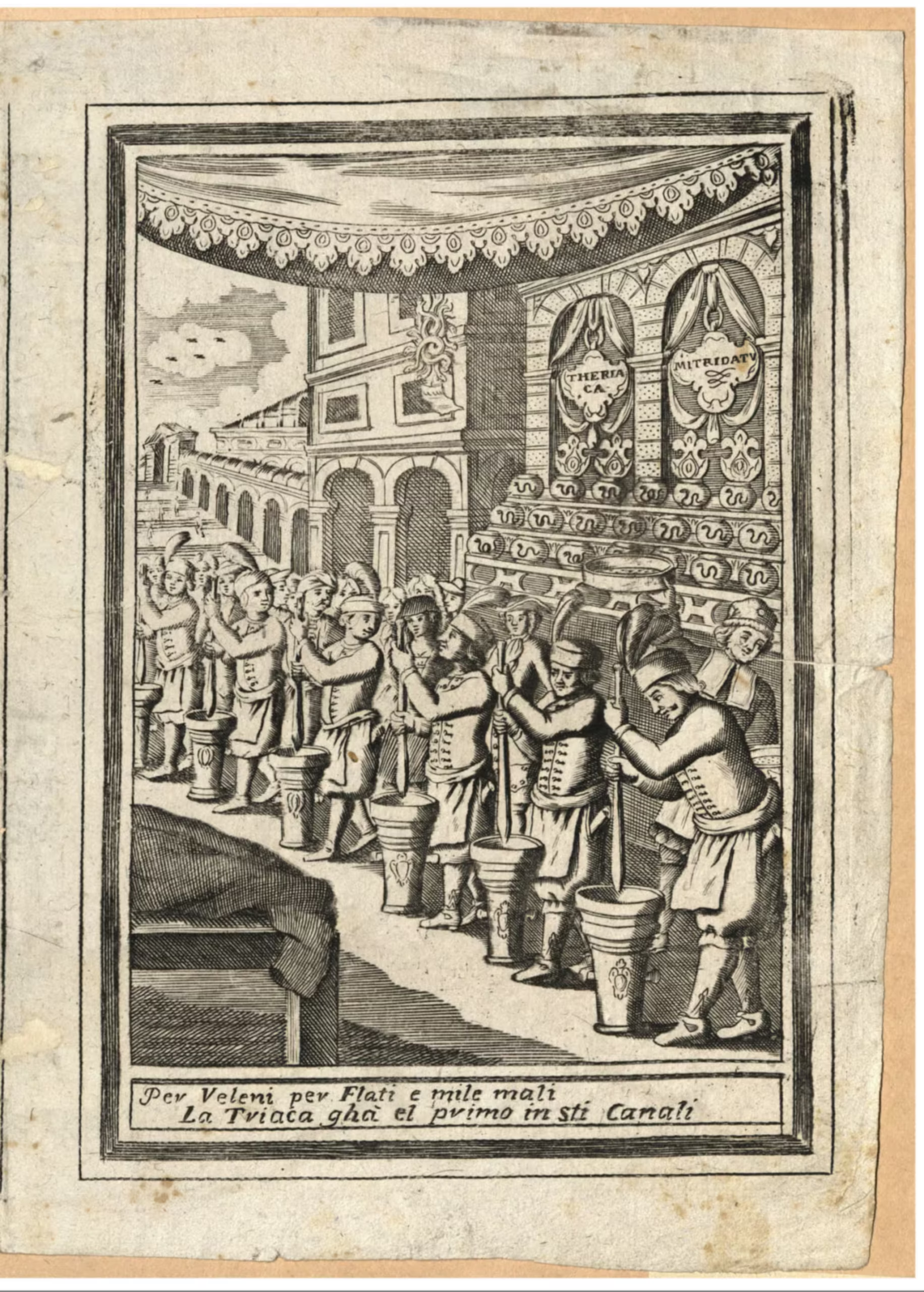
Leave a Reply